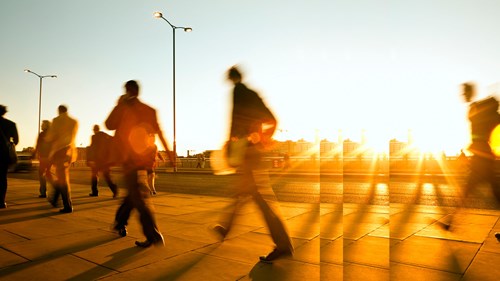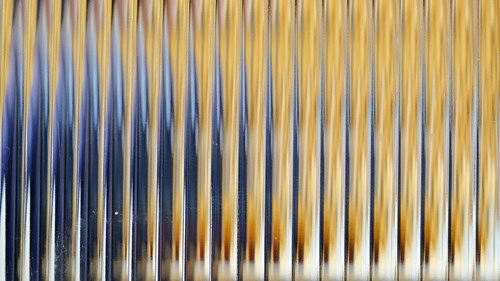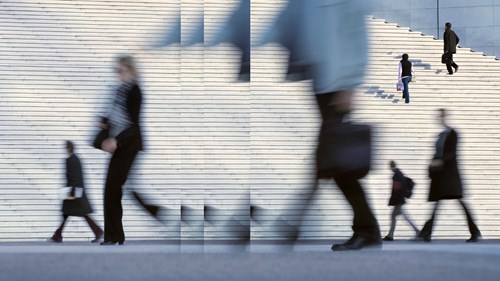UEFA accepts rainbow armband as a “good cause”
Footballers, like other athletes, are increasingly using their celebrity to express their opinions on important social and political issues. These statements are regularly made in the context of sports competitions, precisely because of the attention they attract. However, the associations organising these competitions are usually critical of this, giving higher priority to political neutrality than to the freedom of expression of athletes.
A recent investigation by UEFA caused a considerable deal of surprise among viewers of the European soccer championships: UEFA intervened because Manuel Neuer, the captain of the German national football team, wore an armband in rainbow colours. The armband was intended as a sign of his team’s solidarity with the LGBTQ community as well as for diversity, openness, tolerance and against hate and exclusion. However, the armband violates Article 58 of the Regulations of the UEFA European Football Championship, which states that captains must wear armbands provided by UEFA. UEFA quickly halted the proceedings, stating that it had assessed the armband “as the team’s sign of diversity and therefore a ‘good cause’”.
UEFA’s approach in this case illustrates how difficult it is for many sports associations to maintain their political neutrality, while not closing their minds to current initiatives, such as the LGBTQ movement for more diversity and against discrimination, and supporting important actions by athletes and associations who are committed to a more open and tolerant society. UEFA has done this before in the context of the Black Lives Matter movement. It stated that “any player who calls for equality for people by kneeling down” has permission to do so. The issue had arisen after Belgian footballers took a stand against racism and police violence by kneeling during a European Championship match.
The topic still remains on the agenda: the City of Munich has announced its intention to illuminate the Munich football arena in the colours of the rainbow during the third group match of the German national team against Hungary. The action is intended as a clear signal against a Hungarian law that restricts the information rights of young people on the subject of homosexuality. The German Football Association (DFB) and UEFA have not yet taken a position on the City of Munich’s initiative.
Representatives of athletes’ associations also expect their members to make political statements at the upcoming Olympic Games in Tokyo. However, such statements are prohibited under the controversial Rule 50 of the Olympic Charter. With this rule, the Olympic Committee restricts the athletes’ freedom of expression. Athletes who violate it this rule must expect sanctions from the federations.
Noerr’s sports law team is therefore already in close contact with one of the leading international athletes’ organisations in order to support athletes in the event of threatened proceedings. We take a critical view of the overly sweeping restriction of the right to freedom of expression, as it prevents all positive actions in which athletes act as role models for socially important issues such as tolerance and diversity.
Well
informed
Subscribe to our newsletter now to stay up to date on the latest developments.
Subscribe now









